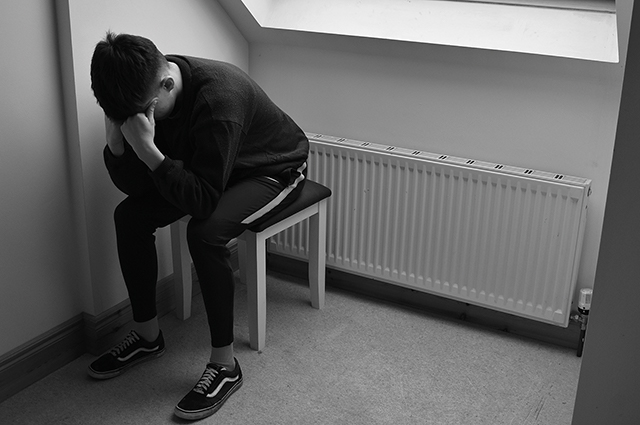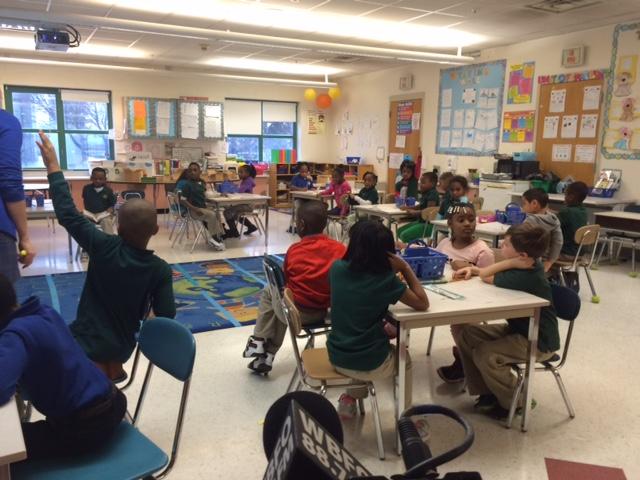
[dropcap]C[/dropcap]ovid-19 arrived on Irish soil in early March 2020 and we are still living with the long-term effects of the pandemic 19 months later.
The United Nations (UN) stated that the pandemic has generated a “parallel epidemic” of deteriorating mental health, especially among young people.
On the 28th of January 2021, Dr Hans Kluge, the director of WHO Europe spoke of the effects of the pandemic on mental health and wellbeing in a press briefing.
“Mental Illness is taking its toll, both on those who were already at risk, as well as on those who have never sought mental health support before,” he said.
The Irish government implemented one of the most extensive and strict lockdown restriction frameworks in the world. The population were cocooning, isolating and maintaining social distancing within their 5k radius.
A survey conducted by the Central Statistics office in February 2021 showed that there was an increase of 9.6% of those surveyed who were recorded as feeling downhearted or depressed between April 2020 and February 2021.
It stated that 16.9% of females surveyed reported feeling lonely all or most of the time. The figure for males was at 9.2%.
The Irish Youth Foundation (IYF) compiled a report titled “Generation Pandemic”. The report stated that in an IYF national survey in 2020, 59% of young people reported being worried about their mental health.
The report outlined that, “the proportion of young adults with elevated scores on a measure of depressive symptoms increased substantially since pre-pandemic levels.”
Due to the extensive restrictions in place throughout level 5 lockdown, accessibility to mental health services were dramatically reduced and altered.
Many feared seeking medical help for worsening mental health issues due to the fear of contracting the virus.
Increase in Eating Disorders
BodyWhys, the eating disorders association of Ireland produced stark figures for individuals seeking help for illnesses such as bulimia, anorexia, binge-eating disorders and avoidant restrictive food intake disorders.
There was an increase of 110% in people seeking their online support group for eating disorders between November-March 2020.
The Irish Medical Journal reported that there was a 66% increase in hospital admissions for eating disorders in 2020 in comparison to that of 2019.
Minister for Mental Health and Older People, Mary Butler spoke on Ireland AM on the 7th of October about the future of mental health services across the nation.
“One area that I am really focused on is in relation to eating disorders, we have seen a huge spike in eating disorders in the last year,” Butler said.
“Last year alone we had 487 young people admitted to an inpatient unit, 70% being young girls aged 12-15,” She said.
She acknowledged that it was a huge issue and said that it is in issue that may be linked to increased social media usage.
The HSE confirmed that there was no money allocated to the national eating disorder treatment plan in 2020.
There was 1.5 million euros allocated to the plan in 2018, €137,000 was spent. In 2019, 1.6 million was allocated however, no money was spent.
Of the allocated money provided to the national eating disorder plan, a minimal amount has been spent on the services in the past three years.
In 2021, approximately 5% of Ireland’s mental health budget is designated to mental health services compared with 12% in the United Kingdom and New Zealand.
The CEO of Mental Health Reform, Fiona Coyle stated that there are 2,730 children waiting to be seen by CAMHS mental health services. Additionally, there are over 10,000 people waiting for primary care psychology appointments.
Many core services offered to drug users and recovering addicts were forced to cease their services.
The RISE Foundation, a registered charity who extend supports such as therapy and education to families of individuals with addictive behaviours, noted an increase of 352 one-to-one counselling services between 2019 and 2020.
Ireland’s leading voluntary drug treatment centre, Merchants Quay Ireland resorted to providing service users with clean injecting and smoking equipment and meals through a takeaway service.
As a result of the closure of regular services, many service users were socially isolated and didn’t have their regular centres for refuge. This had a major impact on drug users, recovering addicts and the families of these individuals.
According to Nielsen’s, a company that collects data from off-licenses, supermarkets and discount stores, in the lead up to Christmas 2020 alcohol sales accounted for 30% of total incremental Christmas shopping sales. This was a 26% increase since the same 8 week period in 2019.
Mental health services across the country are under immense pressure to provide treatment to a record number of referrals due to the effects of the virus and the lack of government funding.
“The fallout of this [the pandemic] is going to have a long-term and detrimental impact on young people and society. If the government does not taken action now,” stated the IYF.
Kathleen Keane
Image Credit: Alison Clair



